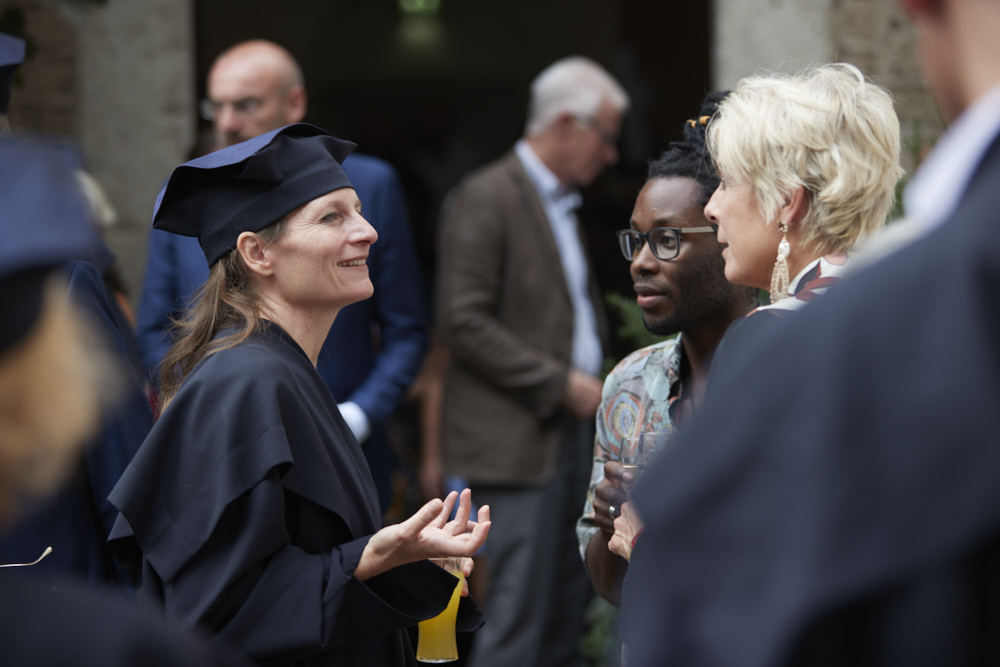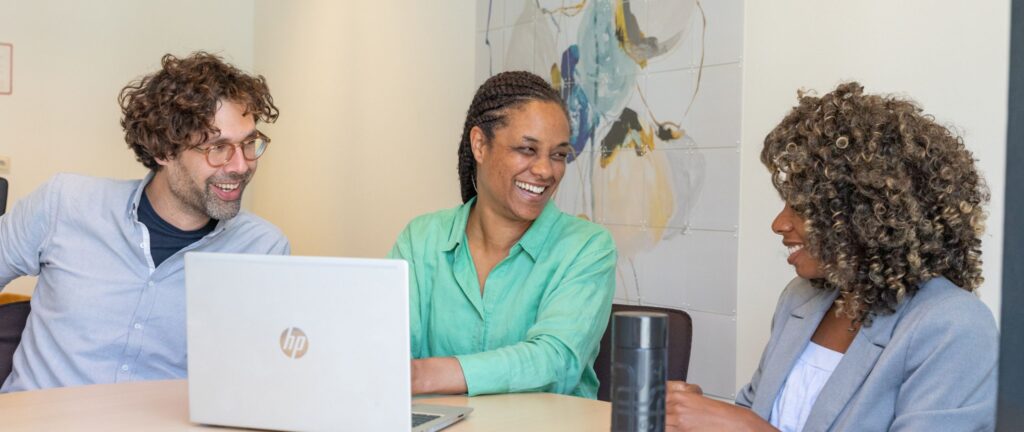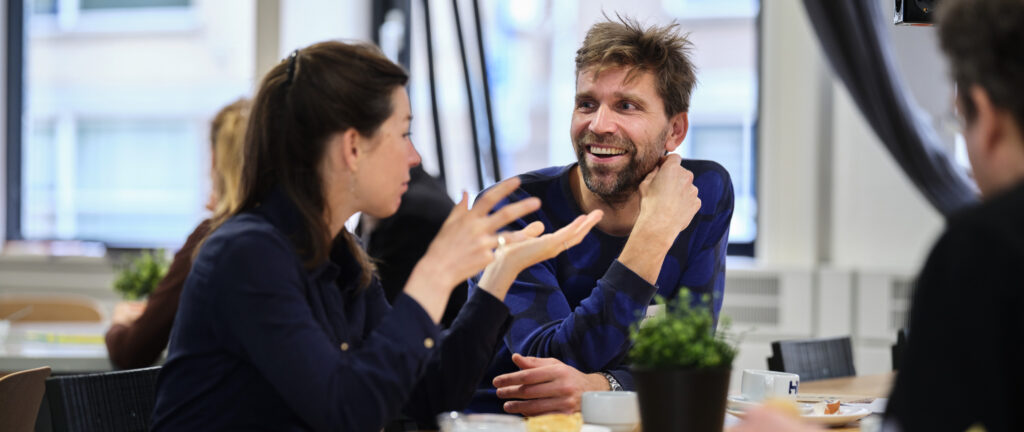Foundations of Education
The Foundations of Education department focuses on education and training. How can education and training contribute to people reaching their full potential and flourishing? And how can education and training contribute to promoting a humane society?
The group consists of theoretical pedagogues and philosophers as well as empirical researchers, who base their research on educational, pedagogical and social questions. Central themes are the relationship between philosophical, moral and civic education in education, and the way in which these contribute to the flourishing of pupils and students themselves as well as the flourishing of society and the earth. Researchers also work together with professionals, pupils and parents to improve educational practices.
Chair
prof. dr. Doret de Ruyter, professor of Education
Professors
prof. dr. Caroline Suransky, professor of Education (Diversity, Equity, Inclusion)
Assistant professors / researchers
PhD candidates
Postdoc onderzoeker
External PhD candidates
- Deanne Marie Boisvert
- Germain Creyghton
- Peter Elshout
- Lize-Mari Mitchell
- Elizabeth Thomas
Emeriti
prof. dr. Wiel Veugelers, hoogleraar Educatie


